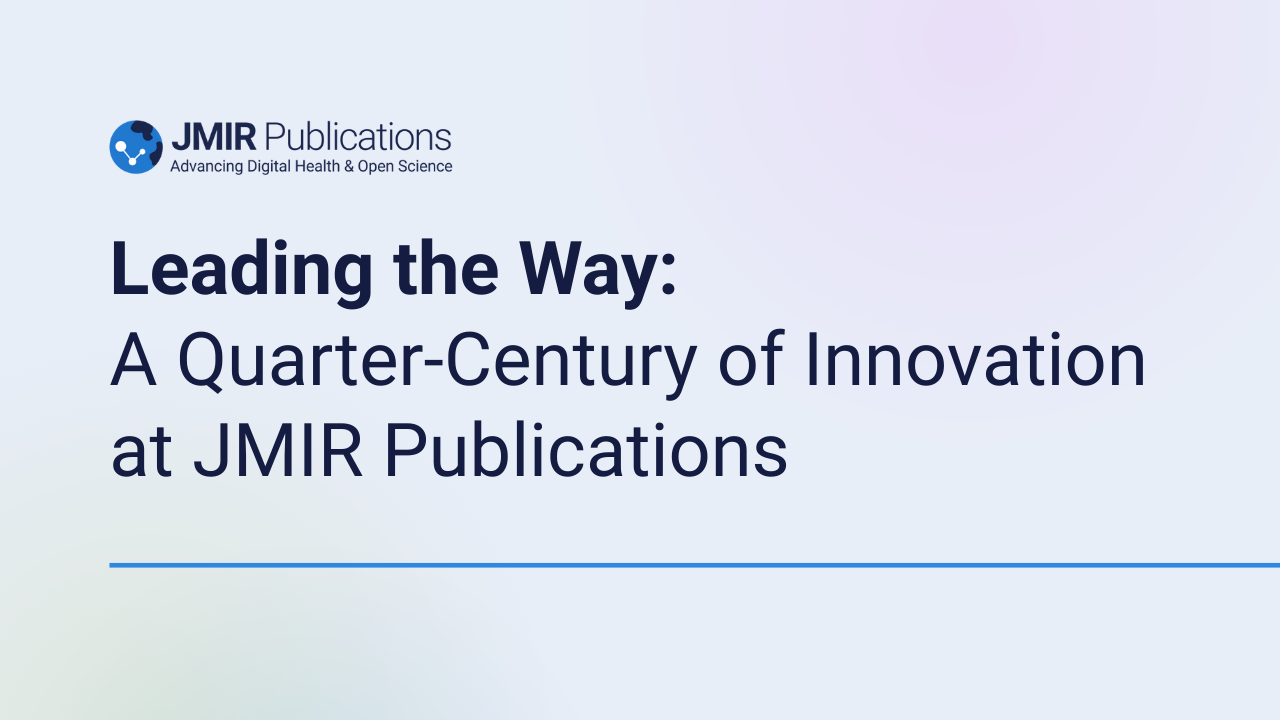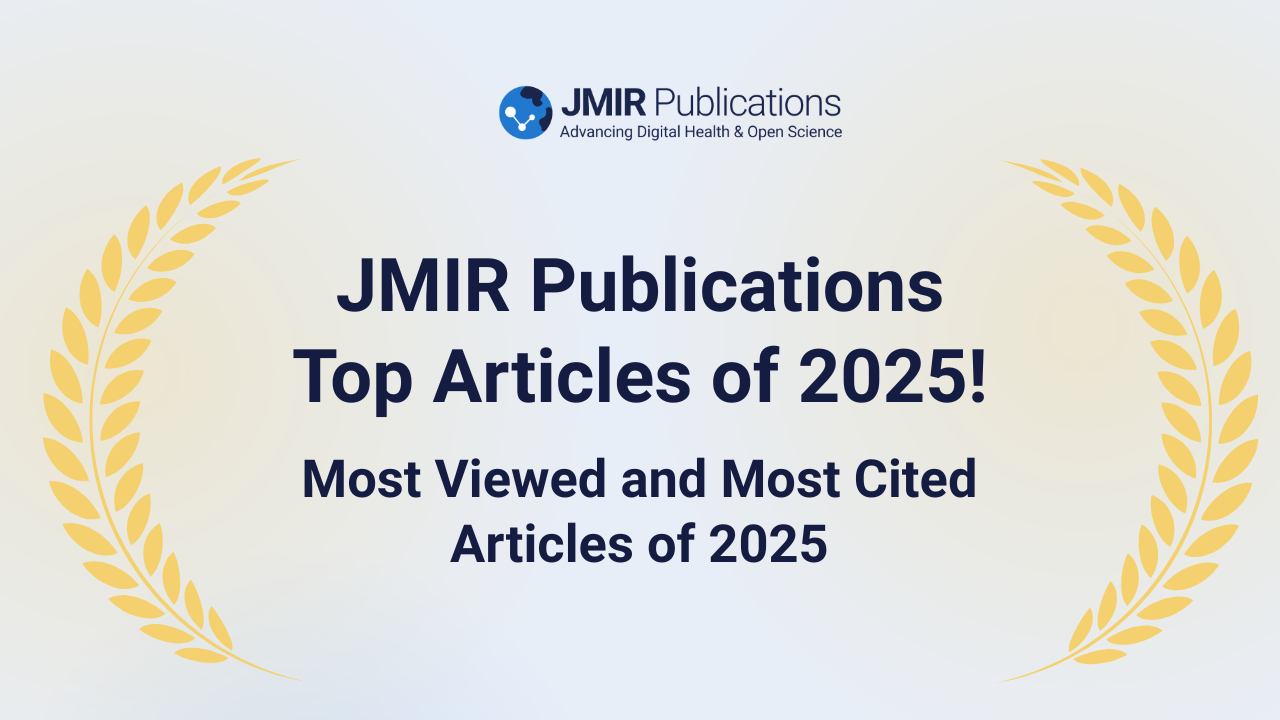3 Conversations I Can’t Wait to Have at ER&L
As I am preparing for my trip to Austin for the ER&L conference, I am thinking a lot about the conversations I have had with librarians over the past year, especially at Charleston in November. The consistent theme of each conversation was uncertainty—often budgetary, but also regulatory and administrative. Everywhere, libraries are under pressure to do more with less, leaving many to ask: how to manage library budget cuts while transitioning to open access? It’s clear that librarians are no longer just managing collections; they’re navigating a total systemic shift.



.png)

.png)



.png)
